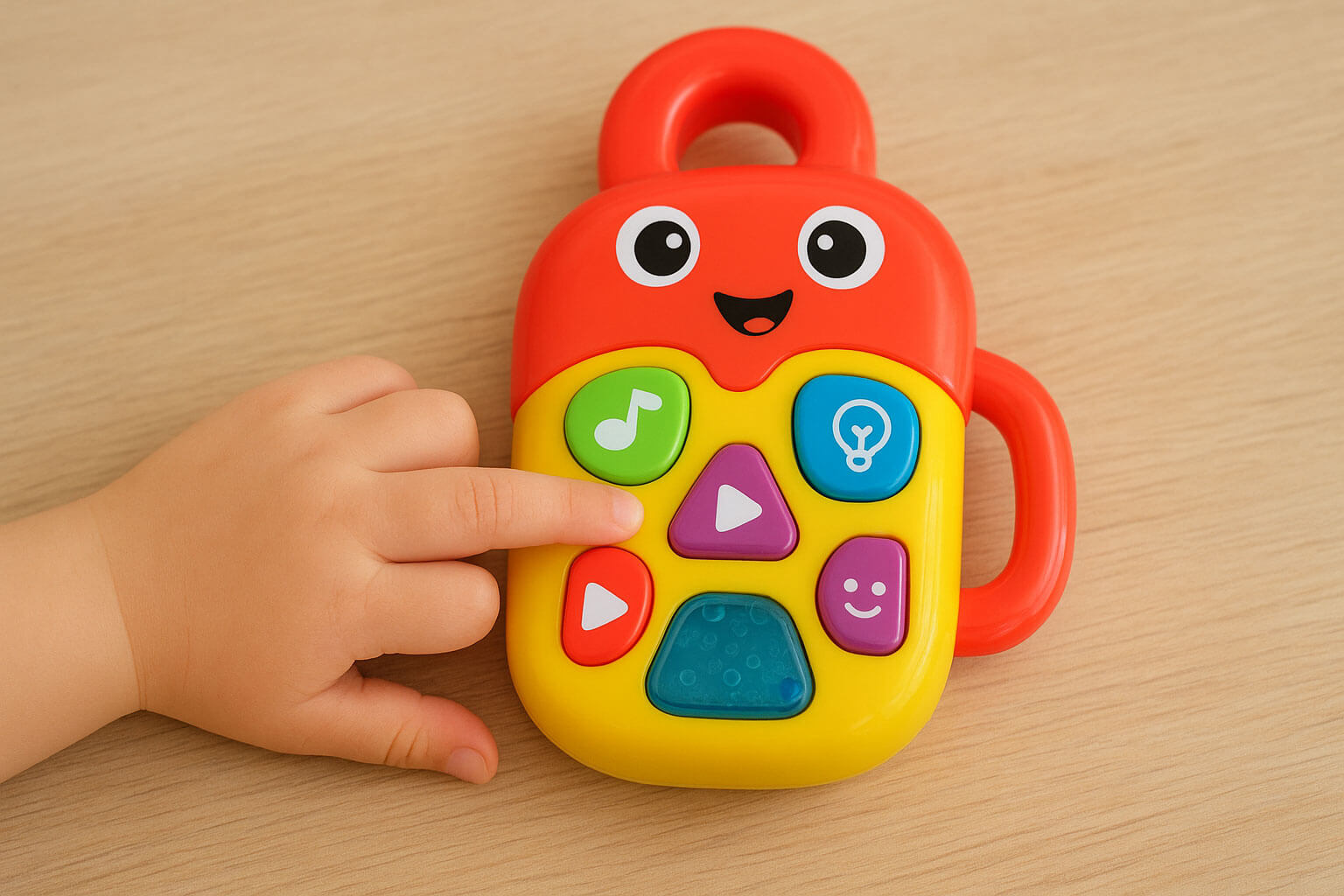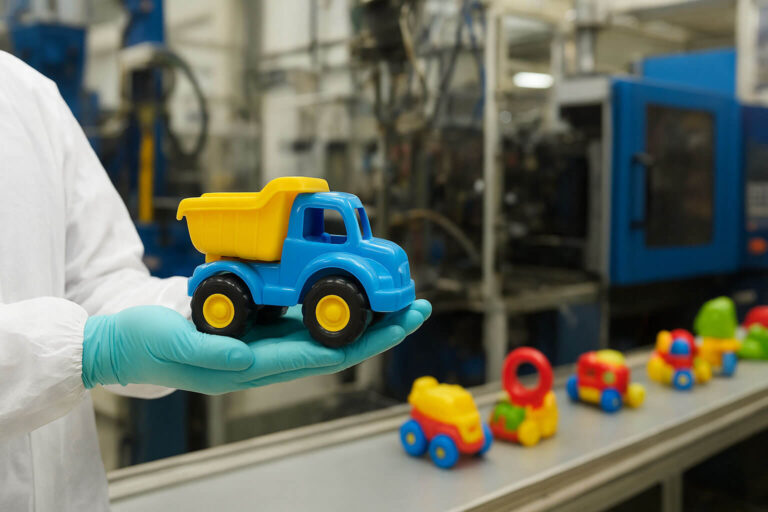Introduction
India has quickly emerged as a preferred hub for global toy brands looking to diversify manufacturing beyond China. But choosing the right OEM toy manufacturer in India isn’t just about cost savings — it’s about quality, compliance, trust, and long-term reliability. In this post, we unpack what top brands look for, how Indian manufacturers can meet those demands, and what I-Tech Plast brings to the table.
What Global Brands Evaluate When Selecting an OEM?
Below are the critical criteria that decision-makers in toy brands use to shortlist and choose manufacturing partners. If your factory can check these boxes, you’re in a strong position.
1. Compliance & Certifications
Global toy brands place an enormous premium on safety and ethical manufacturing. Certifications such as Disney FAMA, ICTI, BIS (Bureau of Indian Standards), and audits like SMETA or Walmart’s FCCA/SCS are frequently non-negotiable. They ensure that products adhere to:
Approved materials and finishes safe for children
Working and environmental conditions in the factory that meet international limits
Traceability in the supply chain, ensuring that raw materials and components are ethically sourced
Having these certifications ahead of time saves global brands from delays, re-audits, or product recalls. For manufacturers in India, maintaining audit-ready systems means regular internal audits, documentation, and third-party oversight.
2. End-to-End Capabilities
Brands prefer OEMs who can handle the complete product lifecycle:
Tool room & mold making
Injection molding (commodity and engineering plastics)
Post-molding finishing: pad printing, spray painting, ultrasonic welding
Assembly & packaging
When all these steps are under one roof, consistency is improved, lead times are shortened, and logistical friction (errors, transit between vendors) is reduced. That’s particularly important for seasonal toy launches or tight retail windows.
3. Material Expertise & Technical Know-How
Choosing a resin is more than just selecting a plastic. Brands look for partners who understand:
Which resins tolerate UV or sunlight vs. which perform in indoor environments (e.g., high gloss ABS vs TPE vs PP)
Additives or finishes (metallics, soft-touch, overmolding) that still meet safety standards
Process techniques (drying, injection pressure, cooling) that preserve surface appearance and eliminate defects
Expertise in materials avoids common pitfalls such as warping, color fading, brittleness, or toxic residuals—any of which can damage a brand’s reputation.
4. Audit-Ready Systems & Quality Infrastructure
Retail giants like Walmart, Target, or Amazon require their OEMs to pass strict audits relating to:
Environmental, health & safety standards
Social welfare of workers
Product safety & traceability
Quality management systems (ISO 9001, ISO 14001, etc.)
An OEM who is already audit-compliant and maintains strong documentation will require less onboarding time, and lower risk for the brand. Reliable QC labs, CMM measurement, metal detection, and in-process inspections are part of this infrastructure.
5. Proven Track Record & Reliability
Nothing builds trust like past performance. Brands tend to prefer manufacturers with:
Existing relationships with brands, especially in similar product segments
Demonstrated ability to deliver large volumes without quality drift
Case studies or references showing success in contesting challenges (e.g., seasonal scaling, product recalls avoided, etc.)
Reliability means predictable delivery, minimal defects, and business continuity even when there are supply chain disruptions.
Why the Best OEM Partner Isn’t Always the Cheapest
When brands evaluate bids from OEMs, the lowest price is only one part of the equation. A manufacturer who saves money but fails on compliance, delays delivery, or produces defective product costs more in the long run. Key trade-offs brands watch for:
Total landed cost (including shipping, duty, packaging, inspection)
Hidden cost of rework, returns, or recalls
Risk of brand damage if safety or ethical standards are not met
Brands usually gravitate toward partners who offer peace of mind: regulatory safety, scale & capability, and consistent quality.
How Indian OEMs Like iTech Plast Meet These Expectations
India OEMs are increasingly closing gaps in capability and reliability. Here’s how a company like I-Tech Plast aligns with what brands need:
Full compliance with global toy safety and ethical standards (Disney FAMA, ICTI, BIS, ISO certifications)
Vertical integration: tool room, molding, finishing, assembly, packaging all in-house
Broad material expertise: ABS, PP, TPE, engineering plastics
Strong audit-ready infrastructure: QC labs, in-process checks, metal detection, documentation
Proven delivery volumes and export readiness, aided by strategic location near key seaports
Final thoughts
For global toy brands, choosing an OEM in India is not just about cost—it’s about finding a partner who can handle complexity, volume, and compliance without compromise. The best OEMs will:
Ensure full safety & ethical compliance
Offer full-value capabilities under one roof
Demonstrate material expertise & technical consistency
Be audit-ready at all times
Have a proven track record of reliable delivery
If you’re evaluating OEM partners, prioritize these traits over lowest-cost bids. And if you want a partner that already delivers on all these, it’s worth talking to those that have built their operations around what global brands deeply value.


